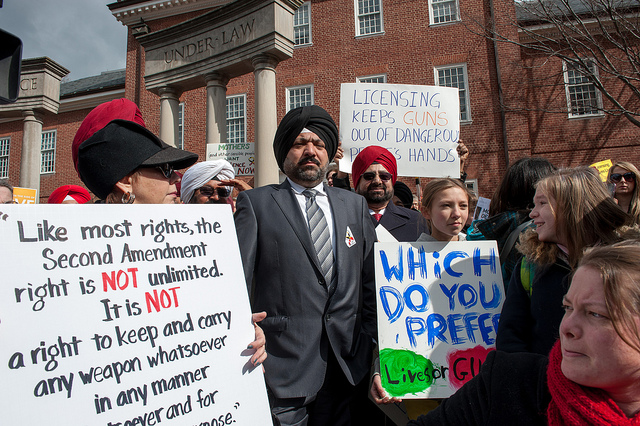
In the wake of tragically-familiar mass shootings, the media and concerned citizens understandably look to a perpetrator’s background to understand why they would carry out a shooting and whether it could have been prevented. Many of these investigations identify mental illness as blameworthy.
There’s a problem with this routine, however. It assumes that mental illness is the root cause of violent acts. New research from Miranda Lynne Baumann and Brent Teasdale shows this assumption is not valid. Writing in The Conversation, Baumann and Teasdale detail their findings from a project that followed people who received treatment for mental illnesses and compared them to a demographically-similar group of people who did not. Results demonstrated that respondents with mental illness did not pose a significant threat to their communities. In fact, the authors write that:
“People with serious mental illness who have access to firearms are no more likely to be violent than people living in the same neighborhoods who do not have mental illnesses…the reality of firearm-related risk among individuals with mental illness lies not in the potential for harm to others, but in the risk of harming oneself.”
In other words, the only significant difference between these groups was the suicide rate, not rates of violence against others. These trends suggest that we should also pay attention to other factors, such as access to firearms, emergency response practices, and cultural assumptions about violence and masculinity, in our attempts to limit the impact of mass violence, rather than singularly focusing on mental illness.

Comments